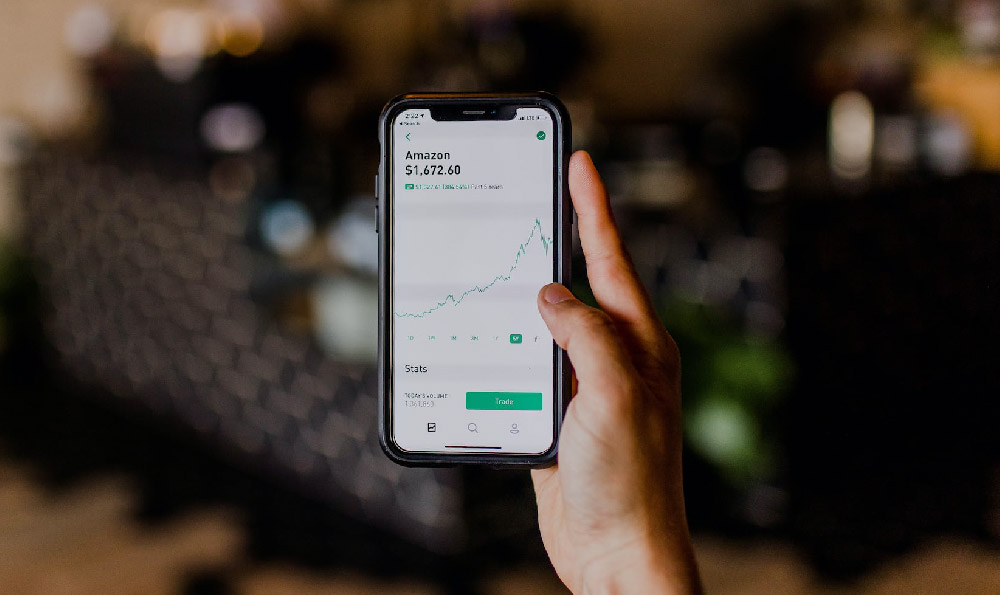Can Facebook Groups Earn Money? Monetization Strategies 2023
In the rapidly evolving digital landscape, social media platforms have become fertile grounds for innovation, particularly when it comes to monetizing online communities. Facebook Groups, with their unique combination of user engagement and niche specialization, present a compelling opportunity for creators and entrepreneurs to generate income. However, the question of whether these groups can truly earn money is not just about existing methods; it requires a forward-thinking approach that aligns with the dynamic nature of technology and finance in 2023. This article explores how Facebook Groups can be leveraged as revenue-generating tools, focusing on strategies that integrate virtual currency and traditional investment principles to maximize returns while mitigating risks.
The foundation of monetization lies in understanding the value of community. In 2023, where digital interactions increasingly shape economic activity, Facebook Groups have emerged as hubs for collaborative projects, market insights, and even decentralized financial ecosystems. Groups centered around cryptocurrency, blockchain technology, or niche investment topics, for instance, can attract audiences willing to pay for exclusive content, expert analysis, or access to curated opportunities. This shift reflects a broader trend: as users seek validation and actionable knowledge, they are more likely to invest in communities that demonstrate expertise and credibility.

One of the most effective monetization strategies involves creating content that adds tangible value. For groups focused on virtual currencies, this could mean publishing in-depth tutorials on trading techniques, explaining complex protocols like proof-of-stake or liquidity pools, or analyzing market trends using technical indicators such as RSI, MACD, or Bollinger Bands. High-quality content not only establishes authority but also drives organic growth, which can translate into monetization through advertising revenue, affiliate partnerships, or sponsored posts. In 2023, Facebook's algorithm prioritizes engagement and relevance, so content that resonates with the group's niche can significantly boost visibility and income potential.
Another avenue for generating revenue is through membership subscriptions. By offering premium access to exclusive discussions, member-only events, or customized investment advice, group administrators can create a tiered system that rewards loyal participants. For example, a crypto-focused group might charge a recurring fee to grant members access to real-time market data, early project announcements, or one-on-one consultations with seasoned investors. This strategy mirrors the subscription models of platforms like Medium or Patreon, but with the added dimension of cryptocurrency integration. Members can pay in fiat currency, virtual tokens, or even native cryptocurrencies, creating a diverse revenue stream. However, the success of this model hinges on delivering consistent value, as users are quick to abandon groups that fail to meet expectations.
Sponsorship and affiliate marketing are also viable options, especially for groups with a large and active following. Brands and service providers in the crypto space, such as wallet apps, trading platforms, or DeFi protocols, often seek to partner with communities that align with their target audience. A well-optimized Facebook Group with a clear theme and active engagement can attract these partnerships, allowing creators to generate income through commissions or promotional fees. Affiliate marketing, in particular, works well when paired with educational content. For instance, a group that teaches about blockchain fundamentals can integrate affiliate links to recommended books, courses, or tools, earning revenue without compromising the community's integrity.
In addition to traditional methods, the rise of decentralized platforms has introduced new opportunities for monetization. Groups that focus on DeFi projects, NFTs, or metaverse ventures can explore token-based systems where members earn rewards for participation, content sharing, or governance activities. For example, a group dedicated to cryptocurrency trading might issue tokens that represent voting rights or profit-sharing stakes in the group's curated investment portfolio. This approach not only diversifies revenue streams but also aligns with the principles of decentralization and community-driven economics. However, such strategies require careful planning to ensure transparency, legality, and long-term sustainability.
The key to success in any monetization strategy is a balanced approach that combines user engagement with financial stewardship. Creators must prioritize building trust within their group, as this is the cornerstone of any sustainable income model. Transparency regarding revenue sources, fair distribution of earnings, and clear communication of risks and opportunities are essential to maintaining credibility. For groups focused on virtual currencies, this includes educating members about market volatility, regulatory developments, and the potential for scams or rug pulls—common pitfalls in the crypto space.
Moreover, the integration of analytical tools and data-driven decision-making can enhance the effectiveness of monetization strategies. By leveraging Facebook's insights dashboard, creators can track user engagement metrics, identify trends in interest and activity, and refine their approach accordingly. For instance, analyzing the most popular posts or discussions can help determine which content types resonate best with the audience, allowing for more targeted monetization efforts. In 2023, where information overload is a constant challenge, data-informed strategies help creators stand out and deliver value efficiently.
The path to monetizing Facebook Groups is not without its challenges. The ever-changing nature of the crypto market requires creators to stay informed and adaptable. For example, regulatory shifts in certain jurisdictions can impact the legality of certain monetization methods, such as token sales or affiliate marketing. Additionally, the risk of group saturation—where too many similar communities exist—demands a unique value proposition to differentiate oneself. Success in this space also depends on fostering a sense of community, as users are more likely to invest in groups that provide genuine support and interaction.
Ultimately, the ability of Facebook Groups to earn money in 2023 is a reflection of their role as dynamic digital ecosystems. By combining expertise in virtual currencies with strategic monetization techniques, creators can turn their groups into profitable ventures. This process requires not only a deep understanding of financial principles but also the ability to anticipate market trends and adapt to evolving technologies. As the digital economy continues to grow, the potential for monetizing online communities will only expand, making it an increasingly valuable tool for those seeking freedom and financial growth in the modern world.
In conclusion, the monetization of Facebook Groups is achievable through a combination of content creation, membership models, sponsorship opportunities, and the integration of virtual currency systems. However, the success of these strategies depends on a delicate balance between user engagement, financial responsibility, and adaptability. For creators and entrepreneurs, the key lies in building trust, delivering value, and leveraging data-driven insights to navigate the complexities of the market. As we move further into 2023, those who master this balance will find themselves at the forefront of a new era in digital monetization.












